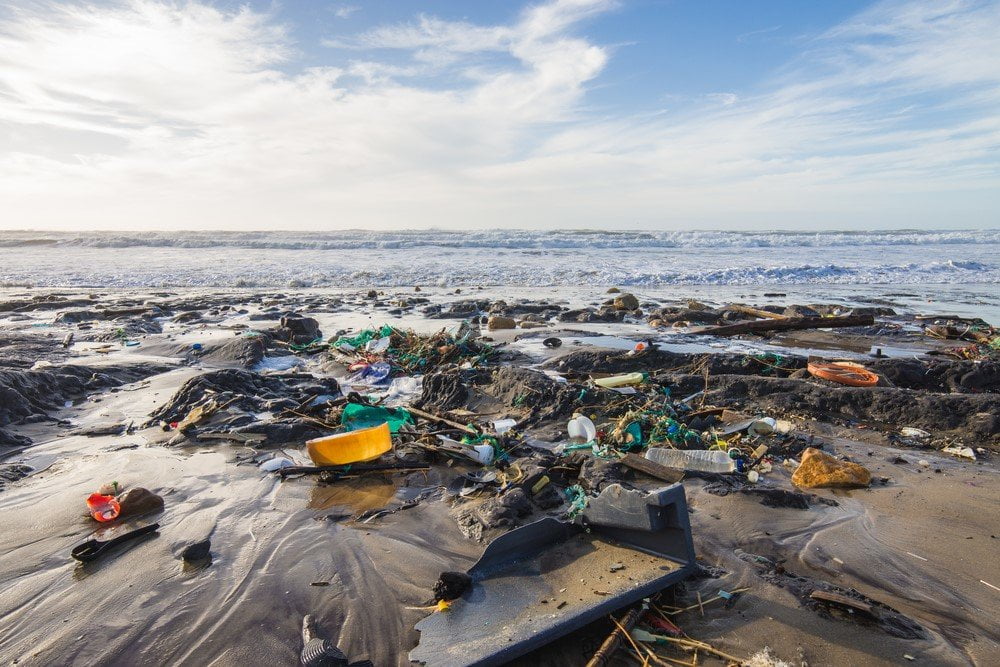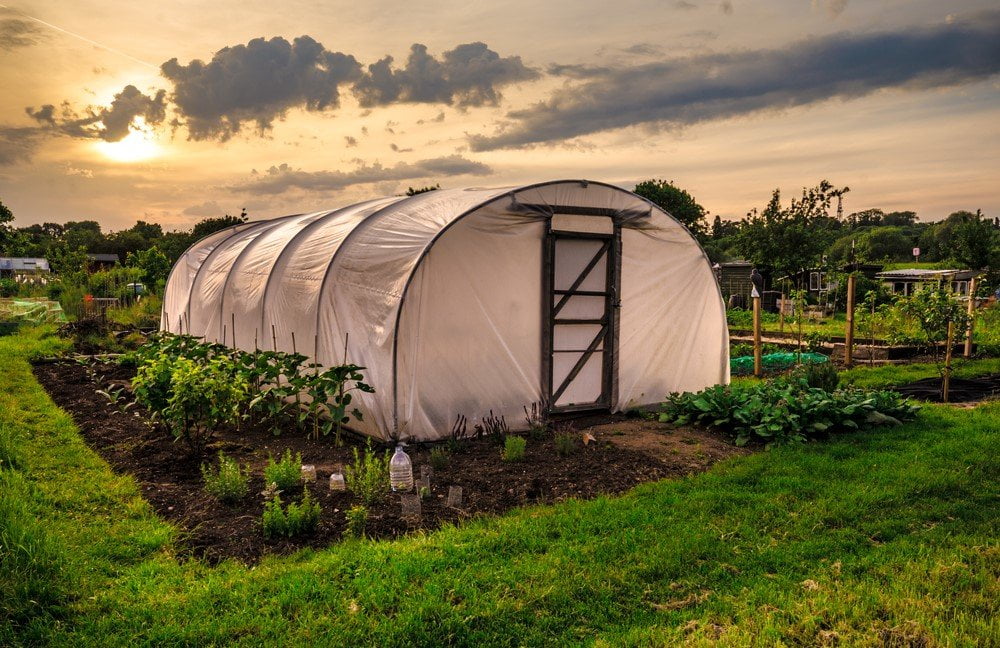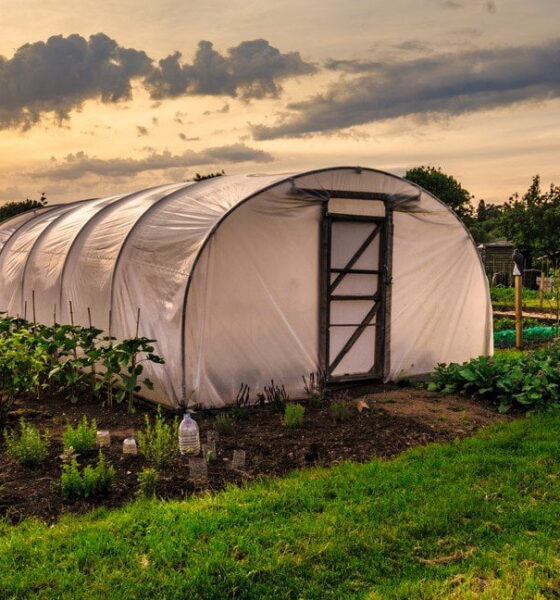It’s virtually impossible these days to live without leaving an environmental footprint. What you drive, eat, and where you work all have an impact on this big spinning rock. Eliminating your impact on this planet is unrealistic, but there are ways that you can improve it. In order to make this world a better, cleaner place for you and your children, certain steps may be necessary. But, before you can focus on the long-term health of Earth, there is work to be done in the short term.
The difficult thing to comprehend is that almost every decision you make results in some sort of effect. From the clothes you wear to your weekend entertainment, the environment is involved in everything. Sure, everyone knows that the processes necessary to produce natural resources are damaging, but what are some less obvious areas where we humans can improve? And how do we do better in those spots? We’re here to explain.
Gardening Time
Meat eaters, consider yourself on watch. Greenhouse gas emissions are spiking thanks in large part to the agricultural industry. Cattle need care—that means water, shelter, and food of their own. Those resources are not cheap to produce. Switching your meat heavy diet to a plant heavy diet can lessen the negative impact though. You don’t have to be a full-fledged vegetarian, but a little more balance would do most people well. And the easiest way to achieve the transition is by considering ordering a greenhouse frame and getting to work on your own garden.
One of the fastest growing trends in the food industry is greenhouse gardening. It’s easier, and more efficient, than tending fields. The convenience factor has drawn many to try their hand at growing sustainable foods in their own backyard. Besides having readily available delicious foods, greenhouse growing also diminishes the demand for more harmful food processing.
Put Down the Plastics

Mining, steel work, forestry are all destructive industries, but that’s no secret. Something that may catch some unaware is that plastic consumption is equally as damaging and is showing no signs of slowing down. It can take over 1,000 years for some plastic products alone to decompose. Unfortunately, much of the time those plastics end up in our most valuable resources—our oceans. That causes destruction to wildlife and poisoning of the environment.
Perhaps you find it difficult to live in a world where plastics aren’t part of your every day life. But there are simple ways that you can cut out the environmentally harmful material. Plenty of manufacturers are now supplying drinking water in cartons. It’s not difficult to opt for the cardboard water over the bottled variety. And, it will help save the planet. Sounds like a win-win.
Hemp grocery bags are another area where you can dismiss plastic all together. They’re durable, reusable, and bigger than the plastic bags at every mini mart and grocery store. Maybe that even means they are a more efficient and serviceable source for your shopping even without the green benefits they provide. But, as you already know, hemp shopping bags are also great for the environment.
These are two easy switches to make. And, the more you look around, the more you will see simple and effective replacements for plastic altogether. Cleaning up Earth just takes a little bit of awareness. Replacements like these should be the first steps.
Give the Electronics a Break
Conserving energy isn’t just a phrase your high school basketball coach used a lot. It’s also a smart way to save valuable resources that Earth is quickly running out of. Energy efficient appliances are everywhere. They’ll help you save resource money you would have spent and they’ll ensure a safer future for our children—the same children that will benefit from putting down the video games and turning off the television.
The ultimate goal should be to wean your child off of electronics altogether, but at this point it may be unrealistic. So instead, limiting consumption and having less electronics in the home is something to strive for. Replacing appliances and electronics because of obsolescence increased by more than eight percent from 2004 to 2012. If we can even reduce that by a fraction, our world would be a lot better off.
No matter how you do it, reducing your environmental footprint is imperative. Taking some of these steps will put you on the right path. So why not start now?


 Environment12 months ago
Environment12 months agoAre Polymer Banknotes: an Eco-Friendly Trend or a Groundswell?

 Features11 months ago
Features11 months agoEco-Friendly Cryptocurrencies: Sustainable Investment Choices

 Features12 months ago
Features12 months agoEco-Friendly Crypto Traders Must Find the Right Exchange

 Energy11 months ago
Energy11 months agoThe Growing Role of Solar Panels in Ireland’s Energy Future






























